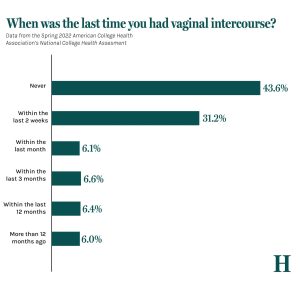Psych Gumbo: Mental health crisis in college communities must be addressed
December 5, 2014
The following is an opinion article and opinion articles do not reflect the views of The Tulane Hullabaloo.
The Tulane community has suffered tragedies this semester, highlighting the need for awareness and advocacy for mental health issues.
Tulane isn’t alone in this mental health crisis. Colleges across the country struggle to meet the needs of their students and reduce the stigma surrounding mental illness. In order for us to come together as a community, we must talk about the unique mental health challenges college students face. Students must feel empowered to discuss mental health issues, while supporting and encouraging their peers to seek help when they need it.
The late teen and early adult years are often when illnesses such as depression and bipolar disorder manifest themselves. In fact, the average age of onset for most mental illnesses is between the ages of 18 to 24, which coincides with the traditional college-aged student. Taking into account the typical age of mental illness onset coupled with the many stressors and life changes that occur during the college years, including the increased presence of drug and alcohol use, students are living in a very vulnerable state.
The statistics for college mental health are concerning. One-fifth of college students will experience a mental illness. A 2008 study from the University of Texas surveyed 26,000 college students from 70 colleges and found that more than 50 percent of students had suicidal thoughts at one point in their lifetime. Another 15 percent admitted to seriously considering suicide, and 6 percent had attempted it at least once. These researchers also found that suicidality in this population is closely linked to depression, substance abuse and eating disorders.
The consequences of untreated mental health conditions can be debilitating, if not deadly. A survey by the American College Health Association found that 30 percent of college students reported feeling “so depressed that it was difficult to function” at some point during the preceding year. This can affect academic achievement by disrupting concentration, quality of sleep, energy levels, motivation and overall physical health. Those with untreated mental illness are more likely to drop out of school and have lifelong negative consequences affecting interpersonal relationships, ability for employment and earning potential.
Despite these alarming statistics and consequences, a majority of students who need help do not ask for or receive it. Unfortunately, it often takes multiple tragedies, as we have experienced within the Tulane community, for advocacy to be made a priority.
The more we continue to educate others about mental illness, the more we empower our community, decrease stigma and let those in need know that they are not alone.
Holly Peek, MD/MPH, is a third year psychiatry resident at Tulane University School of Medicine. She can be contacted through her website at www.psychgumbo.com or [email protected].























Leave a Comment